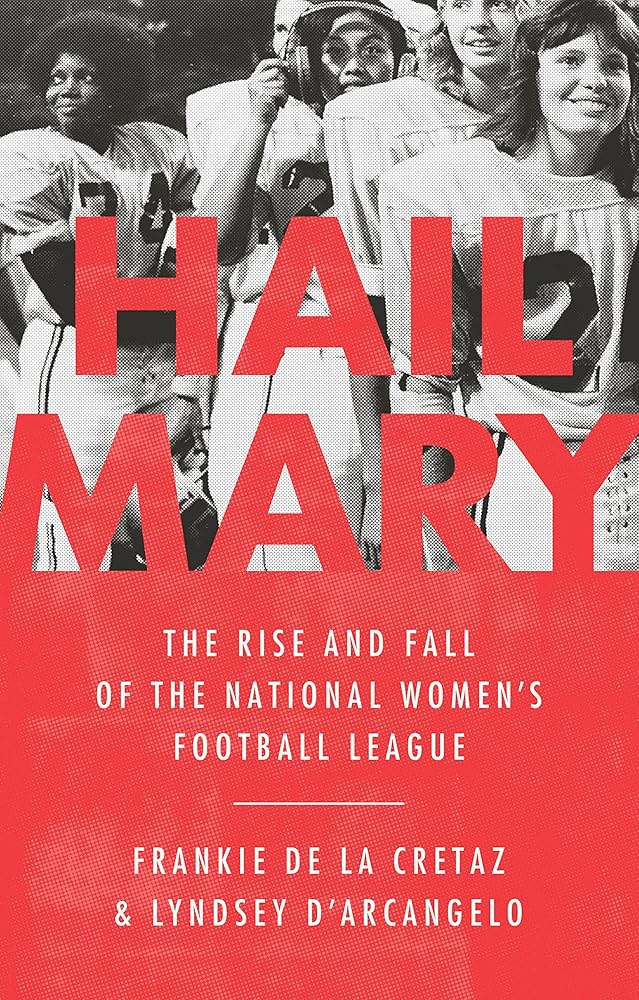“One of the things many of us loved about the game is the sense of ‘power over’—you tackle someone, take them down,” Stamps says. “You don’t get that experience anywhere, metaphorically or in real time. As a woman, you’re normally sitting there with your legs crossed, waiting for the next pinch on your ass.”
The women who started the team had met through organizing for housing justice, and they brought their activist roots to the table when they decided to band together and purchase their team from the corporation of men who owned them. As a team, the players no longer wanted to be under SKW’s thumb. “We wanted to own ourselves; we wanted to make all our own decisions,” Stamps says. “It wasn’t a falling out. It wasn’t a hostile thing.”
They sent several letters of grievance laying out their complaints before ultimately forming Ohio Professional Athletes, Inc. (OPA) in 1977 with the intent of purchasing the team themselves. They also met with the NWFL to discuss the matter at the league’s annual meeting and received their full support. The only issue that remained was coming up with the money, as SKW was asking for $2,500 in cash for the sale as well as the coverage of any legal fees not to exceed $300. In return, the players would retain the Columbus Pacesetters’ name, equipment and all current player contracts.
Stamps, Adams, Morrison, coach Richardson and Susan Barney, Stamps’s longtime partner who worked at a law firm and had been serving as the team’s business manager, each put in $100 to incorporate OPA. But it wasn’t enough. The Pacesetters had to get creative as the deadline for the sale loomed. They then came up with the idea of selling common stock at $10 per share and advertised it by inviting folks to “own a piece of the pigskin!” Stamps remembers her dentist buying some, and giving talks around town encouraging others to do the same. There wasn’t any formal advertising, and the scheme spread mostly through word-of-mouth. Many members of the gay community chipped in, too, creating the sense that the Pacesetters’ entire community were banding together to support their team.
It worked. And that’s how the team funded itself, alongside ticket and concession sales and selling ad space in their programs, and began the 1978 season well on its way to being a fully player-owned team. “I am sure we will have a better crack at determining our own direction by building our strengths, eliminating our weaknesses and backing a winning team,” Stamps told the Marion Star in ’77.
